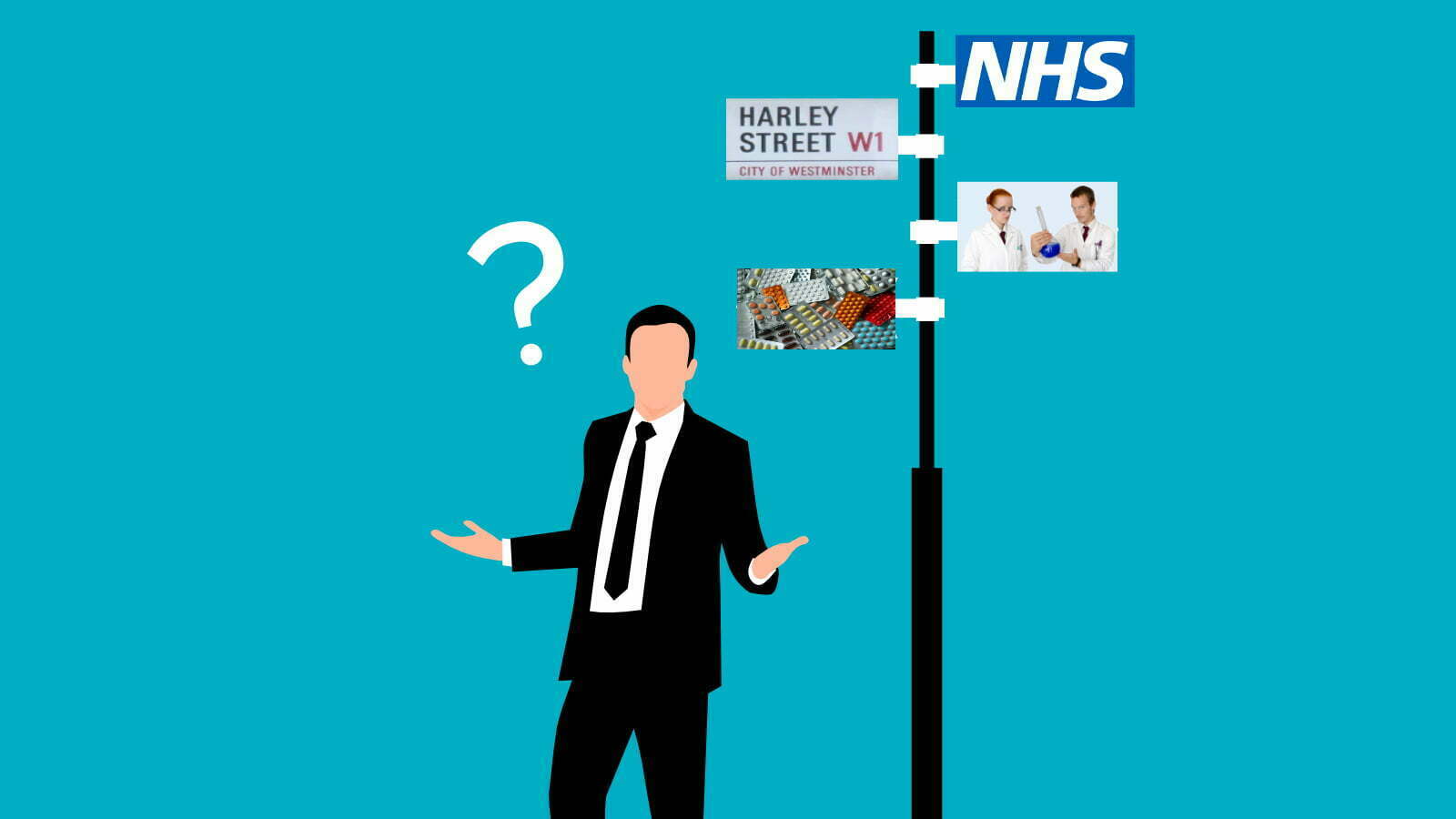4. What are my strengths and talents?
Clients see real wins in weeks - focus develops, goals stick, success grows

Interview with David Giwerc, President ADD Coaching Academy
Andrew: I think that it’s not easy for those of us with ADHD people to work out our strengths and talents. They may be buried under years of problems and battered self-esteem. If you ask somebody with ADHD, “what do you do well?” – the response can be a blank stare. How do you help someone uncover the areas in life that they may find success, fulfilment and engagement?
David: It’s a great question and I think there are many ways but each person has a unique way. I believe that one of the ways we begin to dig for strengths is to look at beliefs. Beliefs are very, very powerful, and negative beliefs can be very pervasive. We make a distinction between a “belief” and a “knowing”. I might believe that I can do something because I saw someone else do it, but until I use that belief and take action with it, I’ll never know.
The simplest example is in the ability to ride a bicycle. For most children there is a delay between believing they can ride a bike and actually trying it because they are afraid to take action and fail.
Once they ride the bike, and maybe fall a few times, they will get up and re-ride it, learn to balance, move the pedals and reach a certain destination. Once they have actually experienced their ability to ride their bike they “know” they can do it. It’s no longer just a “belief”.
However sadly enough, even a “knowing” of something that we can do well, like riding a bike, can be buried.
We all have these knowing: "knowings" of success, "knowings" of moments in our lives where we’ve done something exceptionally well, but they get buried because either someone deemed them to be unimportant, or we failed to notice what we do well.
We live in a world that is so busy doing things that as soon as you get one thing done you’re onto the next. We fail to celebrate and pause when we do something well. We are so busy doing that we haven’t had a chance to be, to be a human being. Unfortunately we have a lot of human “doings”, when really we’re supposed to be human beings.
Human beings are supposed to be able to pause and pay attention to those things in their lives that have brought them joy, fulfilment, success, and happy feelings. People with ADHD often don’t perform as well as expected so their lower self-image and self-efficacy/ performance go hand in hand, unfortunately. When you don’t perform well, in a specific environment, you begin to develop a self-image of being broken.
As coaches we ask our clients, first and foremost, to change the pattern of paying attention to only their problems. We say let’s change the pattern. One of the ways we begin to seek out strengths is asking our clients about events or lifetime experiences where they felt joy or fulfilment. As you know, some ADDers will be able to come up with some examples right away and some will not, sadly it’s a very high percentage who cannot.
Andrew: So how do you help those who draw a blank?
David: We find ways to take the pressure they already feel and create a safe, trusting environment with no judgement, expectations and lots of encouragement to discover and explore. If for example, the belief of failure is so strong that they are not willing to take any action than we begin to do what we in coaching call “reinventing”.
We reflect back to the client their dominant language of negativity and their negative beliefs, of “I can’t, I won’t, I never could”. We invite them to put that belief to the side temporarily. We’re not asking them to get rid of them, just saying: “Put that belief to the side because we know that it is not serving you well. Correct? It’s not serving you well. But I would like to ask you, do you believe you have the right to think and imagine whatever you want?” Do you have that right?”
And, you know, I get people asking me “What do you mean by that?”, “Well, it’s exactly as I said. Do you believe that one of your rights as a human being is the ability to give yourself permission to think and imagine a life that you would like to live?” Eventually they all say yes. So we say “If you knew that you could create any kind of job, or life, or whatever it is you want, and knew you could not fail, tell me what would that look like?” They begin to tell you, Andrew.
What I have found out is that ADHD is as much a challenge of intention as it is a challenge of attention, because if you pay attention to everything that stimulates and interests your brain, it is not necessarily good for you. If it doesn’t have a good intention, it won’t move you forward. But what we find is when we allow people to imagine something they really want, in combination with their heart and their head; they begin to articulate a picture that they’ve never articulated before.
It’s a funny how when you create a picture with a clear intention of something that moves you and has meaning, you begin to identify things about yourself. You begin to identify moments in your past where you did have that fulfilment, and you begin to identify a clearer picture of what you want.
It’s important to take action in small pieces because what most people do, especially people with ADHD, is to wait for perfect things to happen. They say: “When I get this, then I’ll do this.” And it never happens. Can you imagine, how can we take action in life if we don’t know what we’re pursuing?
Andrew Lewis is an Adult ADHD Coach, writer and founder of SimplyWellbeing. He has over 16,000 hours of experience in coaching over 600 adults with ADHD. Andrew helps entrepreneurs and creatives with ADHD thrive and achieve wellbeing and is always happy to have a free chat to discuss coaching. Andrew ran a major ADHD support group and even an ADHD diagnostic clinic for a while. Andrew is an adult ADHD Coach backed with business expertise from a twenty years career in software, from roles in programming, through marketing, sales at IBM, then to running a few software start-ups.
